Market Share
Antifreeze Coolant Market Share Analysis
In the fiercely competitive Antifreeze Coolant Market, companies employ a range of market share positioning strategies to establish a strong presence and gain a competitive edge. Here's a breakdown of key strategies adopted by players in the Antifreeze Coolant Market, presented in a paragraph with a pointer format:
Innovative Formulations and Technology:
Continuous innovation in antifreeze coolant formulations and technology is essential. Companies invest in research and development to enhance the efficiency, longevity, and environmental friendliness of their products. Advanced formulations that offer improved performance in extreme temperatures and compatibility with modern engine designs attract customers seeking cutting-edge coolant solutions. Comprehensive Product Portfolio:
Offering a diverse range of antifreeze coolant solutions is fundamental. Companies provide formulations suitable for various engine types, including automotive, industrial, and heavy-duty applications. A comprehensive product portfolio allows companies to cater to different customer needs and address specific requirements across multiple industries, expanding market coverage. Quality Assurance and Standards Compliance:
Maintaining stringent quality standards is crucial in the Antifreeze Coolant Market. Companies ensure that their products comply with industry specifications, regulatory requirements, and safety standards. Rigorous quality control measures contribute to building trust among customers and establishing a positive market reputation for reliable and high-quality coolant solutions. Global Market Expansion:
Expanding market presence globally is a strategic imperative. Companies explore opportunities in new geographical regions and tap into emerging markets with growing demand for antifreeze coolant. Adapting to diverse regulatory environments, understanding regional market dynamics, and establishing a strong global presence contribute to market share growth. Strategic Partnerships and Collaborations:
Forming strategic alliances with automotive manufacturers, distributors, and industry stakeholders is vital. Companies enhance their supply chains, collaborate on product development, and strengthen market reach through partnerships. Collaborative efforts can lead to improved market penetration, increased distribution networks, and shared resources, fostering increased market share. Brand Building and Marketing:
Establishing a strong brand presence is crucial for success in the Antifreeze Coolant Market. Effective marketing through various channels helps create brand awareness. Building a brand associated with reliability, quality, and innovation positively influences customer perception, fostering brand loyalty and differentiation. Customer Education and Technical Support:
Providing educational resources and technical support to customers is a strategic initiative. Companies engage with automotive technicians, retailers, and end-users to educate them on the benefits and proper use of antifreeze coolants. Building awareness and expertise in coolant applications not only fosters customer loyalty but also positions companies as industry leaders, influencing purchasing decisions. Customer Relationship Management (CRM):
Developing and maintaining strong relationships with customers is a long-term strategy. Excellent customer support, technical assistance, and responsiveness contribute to building trust. Understanding customer needs and offering tailored solutions enhance overall customer satisfaction and loyalty in the Antifreeze Coolant market. Supply Chain Optimization:
Optimizing the supply chain from raw material procurement to antifreeze coolant distribution is a strategic focus. Companies aim for efficiency, cost reduction, and timely delivery to maintain competitiveness. Efficient supply chain management supports sustained market share growth by ensuring reliability and responsiveness to customer demands. Sustainability Initiatives:
Embracing environmentally sustainable practices is gaining importance for companies in the Antifreeze Coolant Market. Developing eco-friendly formulations, reducing toxic components, and promoting sustainable use align with changing consumer preferences. Implementing sustainability initiatives not only enhances market positioning but also addresses the growing demand for environmentally responsible coolant solutions.


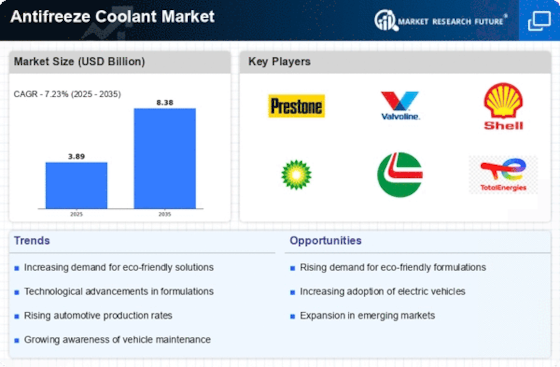
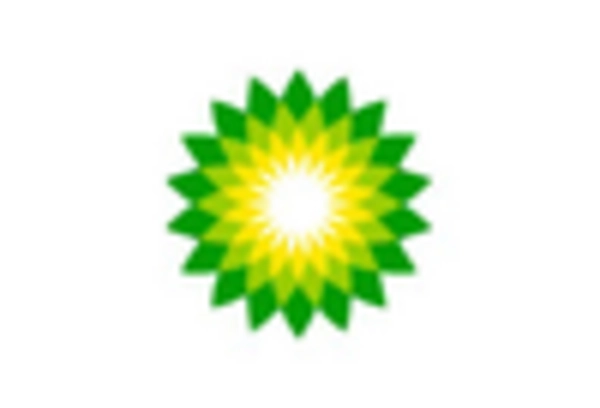
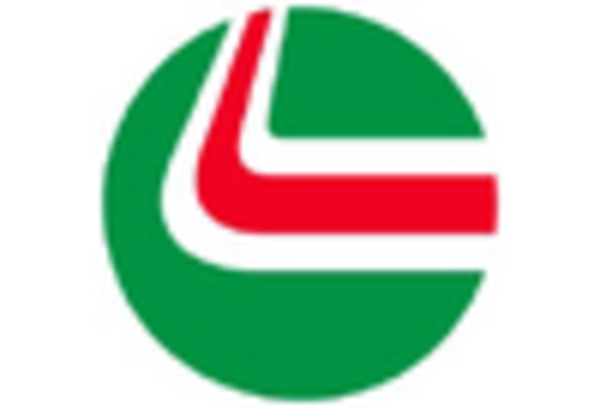
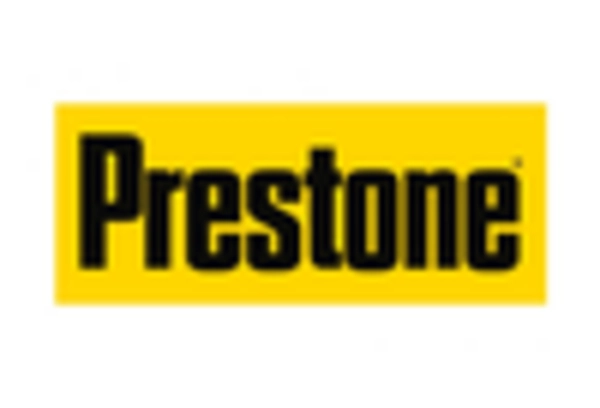
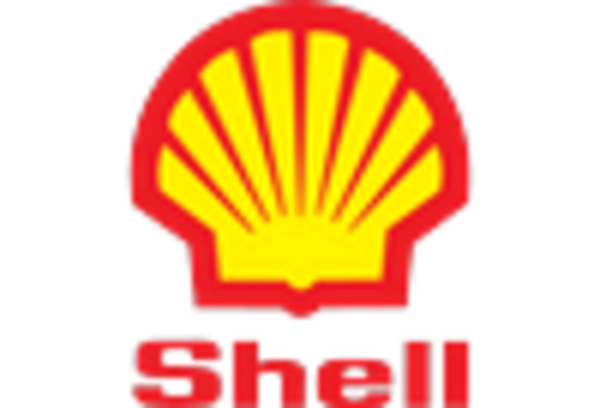
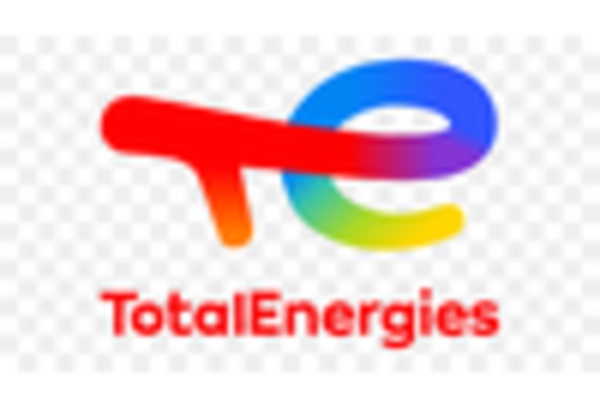
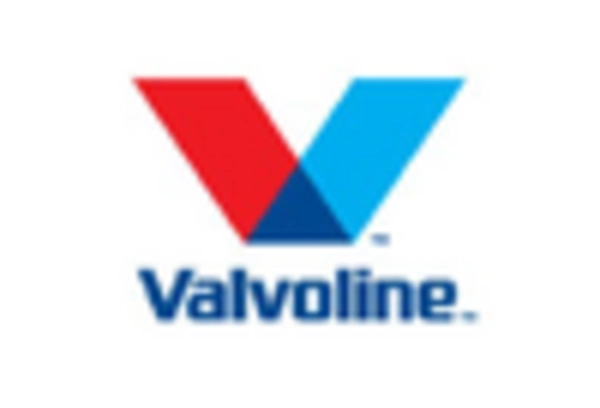









Leave a Comment